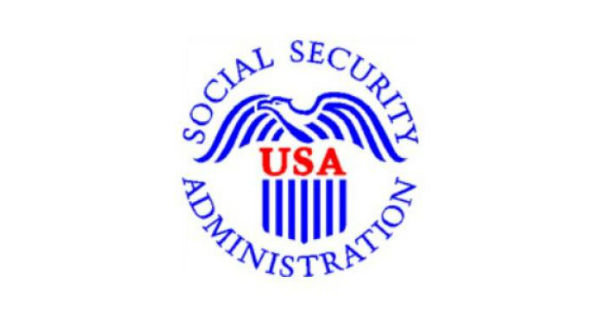Last Updated on April 8, 2018 by cassnetwork
What kind of questions do you and your friends ask about Social Security? When do my benefits arrive? What are Social Security work credits, and do they have anything to do with the way my benefits are figured? Will I be automatically enrolled in Medicare? Read on to find the answers to these questions.
- Social Security benefits are paid in the month following the month for which they are due.
When you meet all the requirements for eligibility, the benefit check you receive is payment for the prior month’s benefits. For information on the payment of benefits, you can read our pamphlet, What You Need to Know When You Get Retirement or Survivors Benefits at www.socialsecurity.gov/pubs/EN-05-10077.pdf.
To know when checks will be paid, you can save the Schedule of Social Security Benefit Payments to your “Favorites” or print it by visiting www.socialsecurity.gov/pubs/calendar.htm.www.socialsecurity.gov/pubs/calendar.htm. - Social Security does not pay benefits to the worker for the month of death.
Social Security uses the same throughout-the-month rule to determine eligibility for the benefit that is due for the month of death. You must live through the full month to be eligible for the payment. See the pamphlet above in the section titled If a beneficiary dies at www.socialsecurity.gov/pubs/EN-05-10077.pdf for more information about when a check is due. On another note, certain family members may be eligible for Social Security survivors benefits the month the beneficiary died. - Survivors benefits can replace a percentage of the worker’s earnings for family members.
The eligible family members of a retired or disabled beneficiary may receive a monthly payment of up to 50 percent of beneficiary’s amount. However, survivors benefits usually range from about 75 percent to 100 percent of the deceased worker’s amount. Visit our Understanding the Benefits publication for an explanation of the amounts family members receive at www.socialsecurity.gov/pubs/EN-05-10024.pdf. - Work credits determine eligibility for benefits, but your lifetime earnings are used to calculate your monthly benefit amount.
Retired workers need 40 work credits to be eligible for benefits, but your work credits alone do not determine how much you will receive each month. When we figure your retirement benefit, we use the average of your highest 35 years of earnings. See Your Retirement Benefit: How It Is Figured at www.socialsecurity.gov/pubs/EN-05-10070.pdf. - If you receive retirement benefits before you reach age 65, you will be automatically enrolled in Medicare. Medicare Part A (hospital insurance) helps pay for inpatient care in a hospital or skilled nursing facility following a hospital stay. It also pays for some home health care and hospice care. Medicare Part B (medical insurance) helps pay for services from doctors and other health care providers, outpatient care, home health care, durable medical equipment, and some preventative services. When you’re already receiving retirement benefits, we automatically sign you up for Medicare Parts A and B when you turn age 65. You can then decline Part B if you choose, since it requires a monthly premium. If you are not receiving retirement benefits as you approach age 65, you should contact Social Security three months before age 65 to sign up for Medicare Part A and B. For more details, check out our Medicare page at www.socialsecurity.gov/medicare.
Also join a Social Security representative for a 30 minute Social Security webinar Tuesday, April 24. You can register for a convenient time that works for you at https://attendee.gotowebinar.com/rt/5978690522338829825
SOURCE: News release from Social Security Administration






